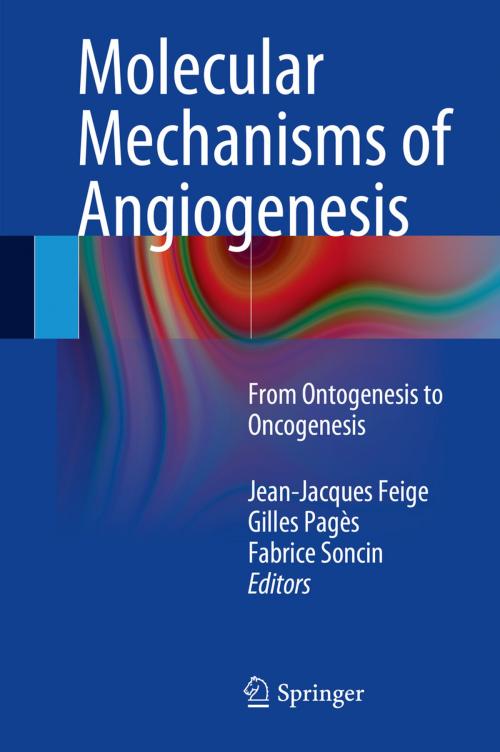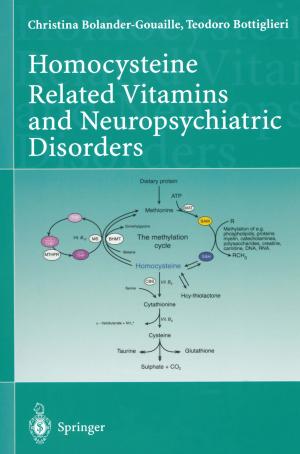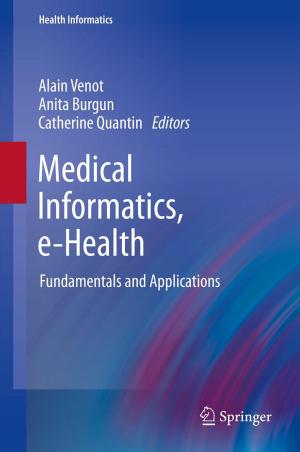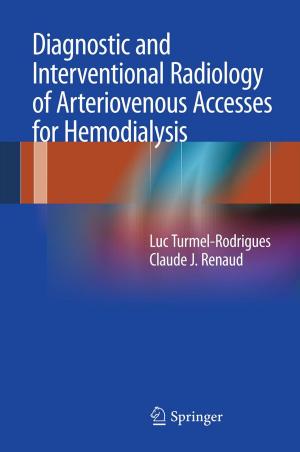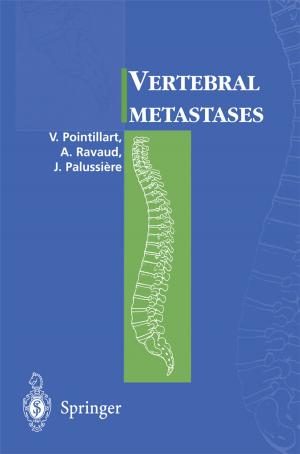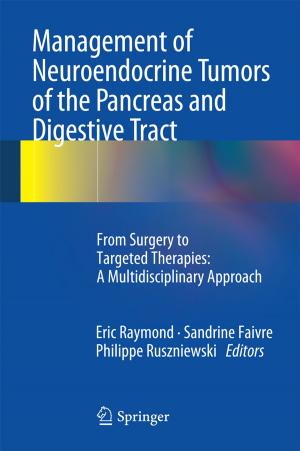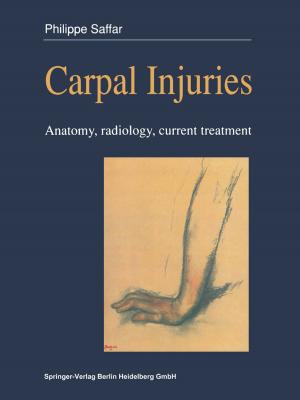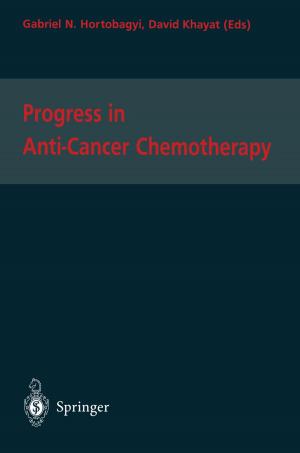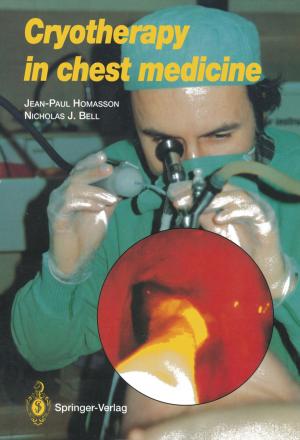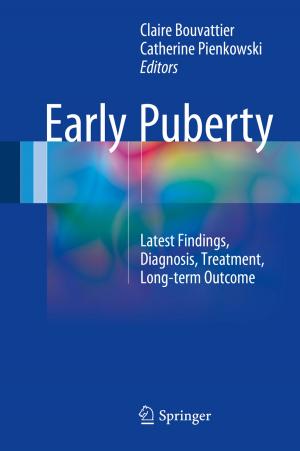Molecular Mechanisms of Angiogenesis
From Ontogenesis to Oncogenesis
Nonfiction, Science & Nature, Science, Other Sciences, Molecular Biology, Health & Well Being, Medical, Specialties, Oncology| Author: | ISBN: | 9782817804668 | |
| Publisher: | Springer Paris | Publication: | May 27, 2014 |
| Imprint: | Springer | Language: | English |
| Author: | |
| ISBN: | 9782817804668 |
| Publisher: | Springer Paris |
| Publication: | May 27, 2014 |
| Imprint: | Springer |
| Language: | English |
Angiogenesis is a multi-stage process that drives the generation of new blood and lymphatic vessels from pre-existing ones. It is highly active during embryogenesis, largely inactive during adulthood but reactivated during wound healing and under a number of pathological conditions including cancer and ocular diseases. In addition to endothelial cells, which line the walls of the vessels, several other cell types (pericytes, macrophages, progenitor cells…) also contribute to angiogenesis. A number of signaling pathways are activated and very finely tune the delicate morphogenetic events that ultimately lead to the formation of stable blood proof neovessels.
This book reviews recent advances in our understanding of the molecular and cellular mechanisms of angiogenesis, with a focus on how to integrate these observations into the context of developmental, post-natal and pathological neovascularization.
The book was published under the auspices of the French Angiogenesis Society. Most contributors are prominent members of this Society or international researchers who have actively contributed to the Annual Meetings of the Society.
Angiogenesis is a multi-stage process that drives the generation of new blood and lymphatic vessels from pre-existing ones. It is highly active during embryogenesis, largely inactive during adulthood but reactivated during wound healing and under a number of pathological conditions including cancer and ocular diseases. In addition to endothelial cells, which line the walls of the vessels, several other cell types (pericytes, macrophages, progenitor cells…) also contribute to angiogenesis. A number of signaling pathways are activated and very finely tune the delicate morphogenetic events that ultimately lead to the formation of stable blood proof neovessels.
This book reviews recent advances in our understanding of the molecular and cellular mechanisms of angiogenesis, with a focus on how to integrate these observations into the context of developmental, post-natal and pathological neovascularization.
The book was published under the auspices of the French Angiogenesis Society. Most contributors are prominent members of this Society or international researchers who have actively contributed to the Annual Meetings of the Society.
